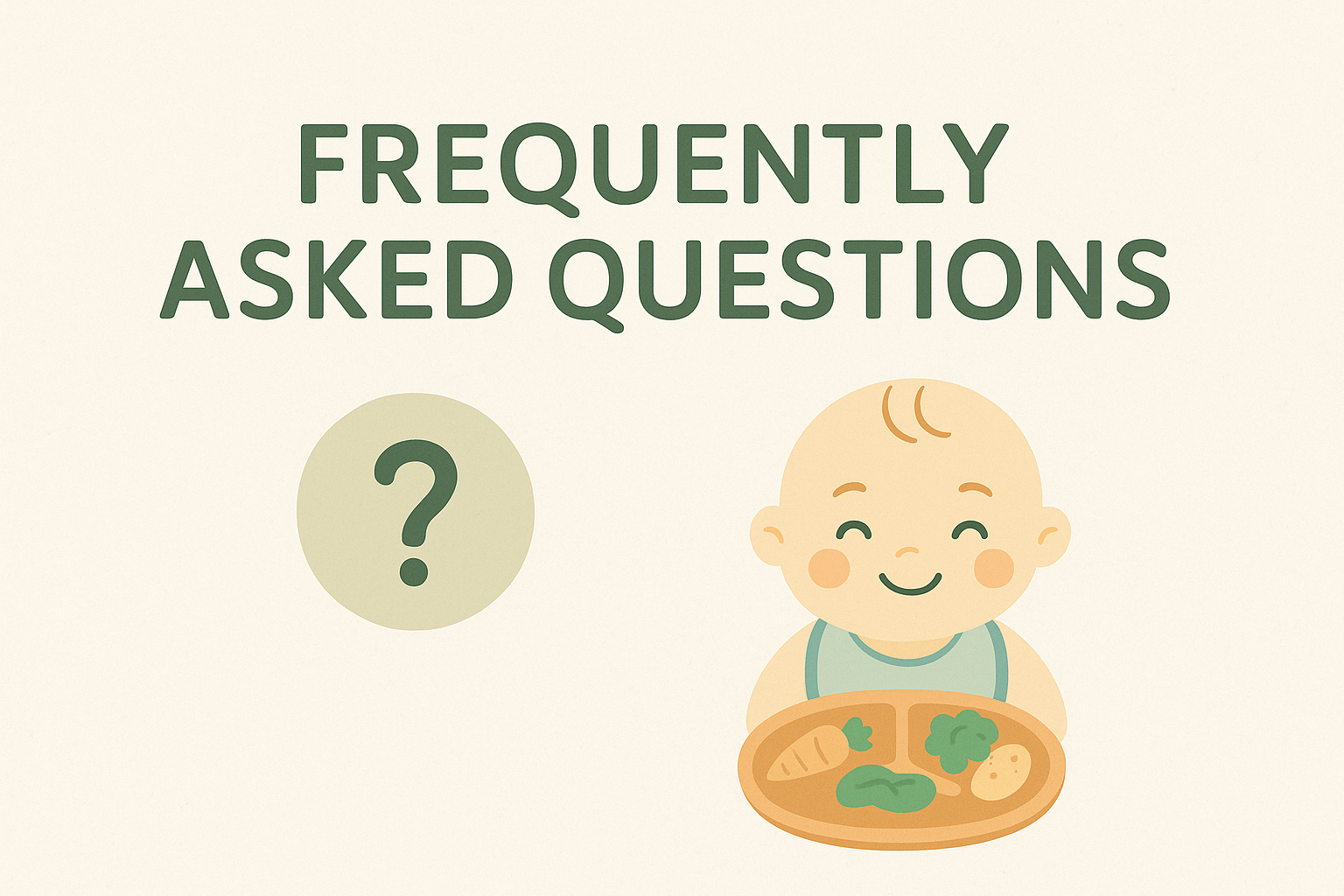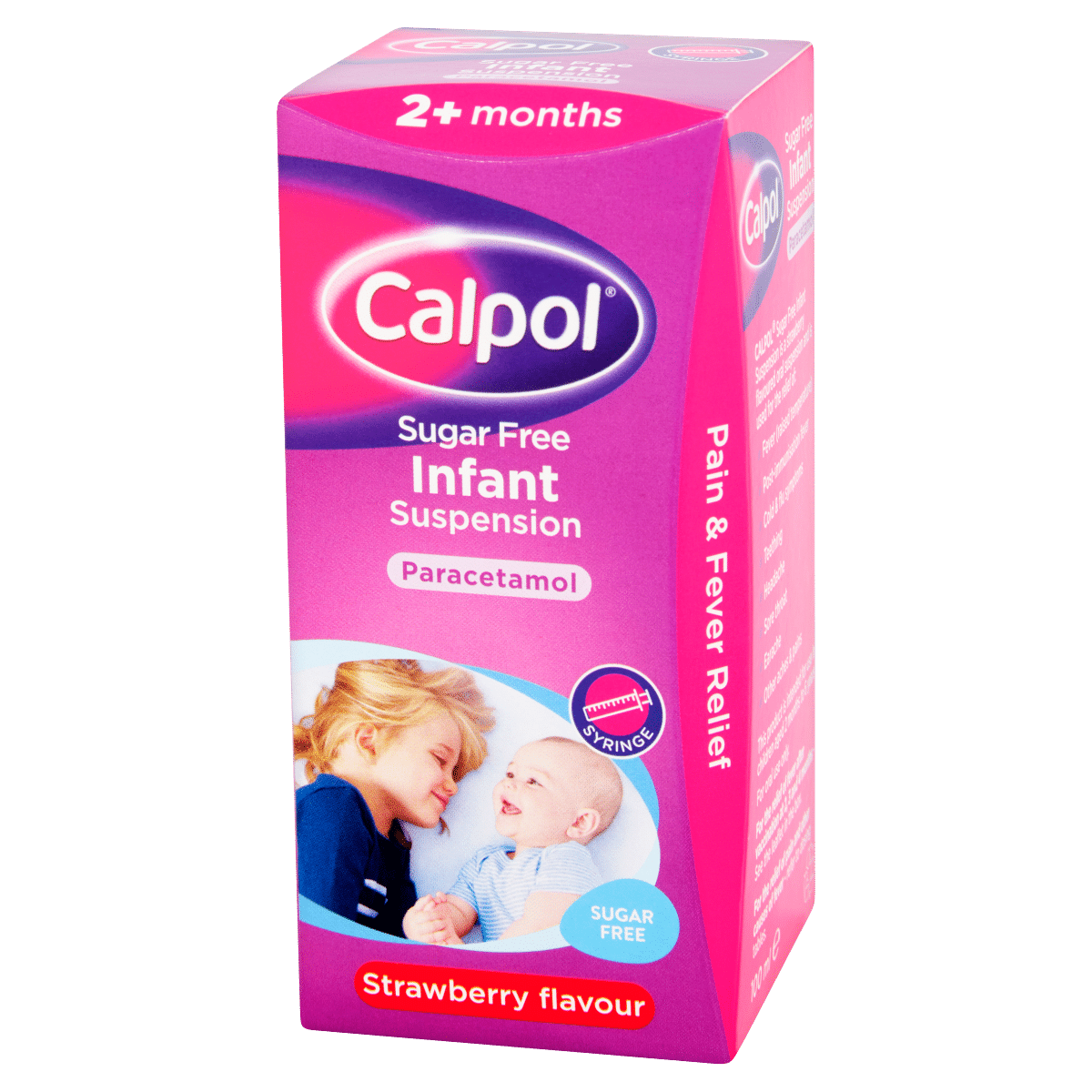Your Essential Guide to the UK Baby Immunisation Schedule
Vaccinating your baby according to the baby immunisation schedule is one of the most important steps you can take to protect their health. As a new or expecting parent in the UK, you may have questions or concerns about what vaccines are, how they work, and what to expect at each stage. This guide, based on the latest recommendations from the NHS, UK Health Security Agency (UKHSA), and other trusted sources, will walk you through the baby immunisation schedule in the UK, explain the purpose of each vaccine, and offer practical reassurance for your family’s journey towards following the baby immunisation schedule.
Please note: Immunisation schedules can be subject to change. Always consult your GP, health visitor, or the official NHS website for the most current and personalised schedule for your child.
Why Immunisations Matter
The baby immunisation schedule is essential for ensuring that your child is protected against serious diseases from an early age.
Following the baby immunisation schedule ensures that your baby’s immune system can effectively combat infections as they grow. Understanding the baby immunisation schedule helps parents make informed decisions about their child’s health.
Immunisations, or vaccinations, are a safe and effective way to protect babies from serious diseases. Vaccines work by training your baby’s immune system to recognise and fight harmful bacteria and viruses, often before your child is ever exposed to them. This not only keeps your baby safe but also helps protect the wider community by reducing the spread of disease.
Adhering to the baby immunisation schedule protects not only your baby but also those around them.
How Vaccines Work
Vaccines contain tiny amounts of weakened or inactive parts of a particular organism (antigen) that triggers an immune response. This response produces antibodies to fight the disease if your child is exposed to the disease in the future, without causing the illness itself.
Why Vaccination Is Important for Babies
- Babies’ immune systems are still developing, making them more vulnerable to infections.
- Some diseases can cause severe complications, long-term health issues, or even be life-threatening for infants.
- Vaccination protects not just your child but also those who can’t be vaccinated, such as newborns or children with certain medical conditions.
Every parent should be aware of the baby immunisation schedule to ensure timely vaccinations.
Knowing the baby immunisation schedule allows for better planning of healthcare visits.

The Baby Immunisation Schedule by Age (UK)
The following schedule is based on current and upcoming NHS (UK) recommendations, including changes coming into effect from July 2025 and January 2026. Always check with your healthcare provider for your local schedule, as individual circumstances or specific regional guidance may vary.
At Birth (Selective, Depending on Risk)
- Hepatitis B: Given to babies whose mothers have hepatitis B. This is part of a selective programme to prevent transmission from mother to baby.
- BCG (Tuberculosis): Given to babies at higher risk of TB, such as those with a family history of TB, or whose parents/grandparents were born in a country with a high incidence of TB, or those living in areas with a high rate of TB.
8 Weeks Old
- DTaP/IPV/Hib/HepB (Hexavalent vaccine): Protects against diphtheria, tetanus, pertussis (whooping cough), polio, Haemophilus influenzae type b, and hepatitis B.
- MenB: Protects against meningococcal group B infection.
- Rotavirus: Protects against rotavirus gastroenteritis (oral vaccine).
12 Weeks Old
- DTaP/IPV/Hib/HepB (2nd dose)
- MenB (2nd dose): From 1 July 2025, this dose will be given at 12 weeks instead of 16 weeks to provide earlier protection against MenB.
- Rotavirus (2nd dose)
16 Weeks Old
- DTaP/IPV/Hib/HepB (3rd dose)
- Pneumococcal (PCV13): From 1 July 2025, the first dose of PCV13 will be given at 16 weeks instead of 12 weeks to balance the schedule with the earlier MenB dose.
1 Year Old (On or After the First Birthday)
- MMR (Measles, Mumps, Rubella): Protects against three serious viral infections.
- Pneumococcal (PCV13) booster
- MenB booster
- Hib/MenC (Hib and Meningococcal C): Note: For children born on or after 1 July 2024, the combined Hib/MenC vaccine will no longer be routinely offered at 1 year from 1 July 2025 due to changes in vaccine availability and the success of the adolescent MenACWY programme.
18 Months (UK, from 1 January 2026 for children born on or after 1 July 2024)
- DTaP/IPV/Hib/HepB (4th dose): This new additional dose will be introduced to maintain protection against Hib and HepB, replacing the Hib component no longer given at 1 year for these children.
- MMR (2nd dose): This second dose will be moved to 18 months instead of 3 years 4 months for children born on or after 1 July 2024, aiming to improve uptake and provide earlier protection.
3 Years 4 Months (or Soon After)
- dTaP/IPV: Booster for diphtheria, tetanus, pertussis, and polio.
- MMR (2nd dose): For children born before 1 July 2024, this will remain the scheduled time for their second MMR dose.
Annual Influenza (Flu) Vaccine
- Given each year from 6 months of age in the UK, especially for those at higher risk.
- Usually given as a nasal spray (LAIV) for children over 2 years, or as an injection for younger children or those with certain health conditions.
Other Vaccines (Depending on Country or Risk Factors)
- COVID-19: Recommended for all infants 6 months and older in the UK and many other countries.
- RSV (Respiratory Syncytial Virus): Recommended for infants born in certain months or with specific risk factors.
- Chickenpox (Varicella), Hepatitis A, Dengue, and others: Included in some national schedules or for specific risk groups. The Joint Committee on Vaccination and Immunisation (JCVI) has recommended a chickenpox vaccine and catch-up campaign in the UK, which may be introduced in future, potentially combined with the MMR vaccine.
What Each Vaccine Protects Against
- DTaP/IPV/Hib/HepB: Diphtheria, tetanus, pertussis (whooping cough), polio, Haemophilus influenzae type b, hepatitis B.
- MenB: Meningococcal group B disease (serious bacterial infection causing meningitis and sepsis).
- PCV13: Pneumococcal disease (causes meningitis, pneumonia, and ear infections).
- Rotavirus: Severe diarrhoea and vomiting in babies and young children.
- MMR: Measles, mumps, and rubella (can cause serious complications such as brain inflammation, deafness, and birth defects).
- Hib/MenC: Haemophilus influenzae type b and meningococcal group C (causes meningitis and blood infections).
- Influenza: Severe flu and its complications.
- COVID-19: Severe COVID-19 infection and complications.
- RSV: Severe respiratory infections in infants.
What to Expect During the Immunisation Appointment
It’s natural to feel anxious about your baby’s vaccinations. Knowing what to expect can help you and your child feel more comfortable.
Before the Appointment
- Bring your child’s Personal Child Health Record (often called the “Red Book” in the UK) to every appointment.
- Dress your baby in loose, easy-to-remove clothing.
- Let the clinic know if someone other than a parent or legal guardian will be bringing your child.
- Try to stay calm, as your baby will often pick up on your cues.
During the Appointment
- Your baby will usually sit on your lap for injections (typically in the thigh for children under 12 months, or the arm for older children).
- The nurse or doctor will explain each vaccine and answer any questions you may have.
- Some vaccines are given as drops in the mouth (e.g., rotavirus), others as injections.
- Comfort your baby with cuddles, soothing words, or a favourite toy.
- For newborns, techniques like swaddling, shushing, or breastfeeding during or immediately after the injection can help soothe them.
After the Appointment
- Your baby may cry, be fussy, or have a mild fever or swelling at the injection site.
- Most side effects are mild and last only a day or two.
- Give extra cuddles, offer feeds as usual, and keep your baby comfortable.
- Paracetamol (acetaminophen) may be recommended after some vaccines (e.g., MenB) to reduce fever. Always follow your doctor’s or nurse’s advice regarding dosage and timing.
- Watch for rare but serious reactions, such as difficulty breathing or widespread swelling. Seek immediate medical help (e.g., call 111 or 999) if these occur.

Possible Side Effects and Comfort Tips
Common Side Effects
- Redness, swelling, or soreness at the injection site
- Mild fever
- Fussiness or irritability
- Loss of appetite
- Tiredness
- Occasional mild rash (e.g., around 7-11 days after MMR)
How to Comfort Your Baby
- Hold and cuddle your baby after the shot.
- Breastfeed or offer a bottle for comfort.
- Use distraction (toys, singing, gentle rocking).
- Apply a cool pack to the injection site if sore.
- Keep your baby hydrated and dressed in light clothing.
- Give paracetamol or ibuprofen if advised by your healthcare provider, ensuring the correct dose for their age and weight.
- For older babies, praise and a fun activity after the visit can help make the experience more positive.
Vaccine Safety: Reassurance and Common Myths
Vaccines are thoroughly tested for safety and effectiveness through rigorous clinical trials and ongoing monitoring by regulatory bodies. Serious side effects are extremely rare, and the benefits of protecting your child from potentially life-threatening diseases far outweigh the risks. Here’s what parents should know:
- Myth: Vaccines overload the immune system.
Fact: Babies’ immune systems successfully handle exposure to countless germs daily. Vaccines introduce tiny, weakened, or inactive parts of pathogens, providing targeted protection without overwhelming the immune system. - Myth: Vaccines cause the diseases they protect against.
Fact: Vaccines use weakened or inactive parts of the virus or bacteria, or genetic material that prompts an immune response, and cannot cause the actual disease. - Myth: Vaccines cause autism.
Fact: Extensive, high-quality scientific research across numerous studies has consistently shown no link between vaccines and autism. The original study that suggested a link was found to be fraudulent and has been retracted. - Myth: It’s better to get diseases “naturally.”
Fact: Natural infection can lead to severe complications, long-term health problems (such as pneumonia, brain damage, or deafness), or even death. Vaccines provide safe, controlled protection without the risks associated with natural infection.
Addressing Concerns
- Talk openly with your healthcare provider about any worries or questions you have. They are your best source of reliable information.
- Ask questions and seek information from reputable sources like the NHS, UKHSA, or your GP.
- Remember: most side effects are mild and temporary. Serious reactions are extremely rare and are monitored and managed by trained professionals.
What If a Dose Is Missed?
Life can be unpredictable, and sometimes a vaccine appointment is missed. Don’t panic, your child can catch up.
- Contact your GP or health visitor as soon as possible to reschedule.
- There’s usually no need to restart the entire schedule; your child will just pick up where they left off.
- Keep a record of your child’s vaccinations in their Red Book to stay on track.
- In some cases, multiple vaccines can be given at the same visit to catch up safely. Your healthcare provider will advise on the best approach.
International Variations and Adaptations
While the core vaccines recommended by organisations like the World Health Organisation (WHO) are similar worldwide, the exact schedule, brand of vaccines, and inclusion of additional vaccines (such as Hepatitis A or chickenpox) may vary by country. For example, some countries have universal Hepatitis B vaccination at birth, whereas in the UK, it’s selective for at-risk babies. Always check with local health authorities or a healthcare professional for the most accurate and up-to-date schedule if you live outside the UK or are planning to move abroad.
Final Thoughts: Supporting Your Baby’s Health
Immunising your baby is a powerful way to protect them from serious diseases and give them the best start in life. It’s normal to have questions and concerns what matters most is making informed decisions with the support of your healthcare team. Remember, each vaccine is a step toward a healthier future for your child and your community.
If you ever feel uncertain, reach out to your doctor, nurse, or health visitor. They’re there to support you, answer your questions, and help you keep your baby happy, healthy, and safe.

FAQs – Baby Immunisation Schedule: What to Expect
Why are baby immunisations so important?
Immunisations are vital because they protect your baby from serious, potentially life-threatening diseases by training their immune system to fight off harmful bacteria and viruses. This not only keeps your child safe but also helps prevent the spread of diseases in the wider community, including protecting vulnerable individuals who can’t be vaccinated.
How do vaccines work?
Vaccines contain tiny, weakened, or inactive parts of a virus or bacteria (antigens). When introduced to your baby’s system, these antigens trigger an immune response, causing their body to produce antibodies. If your child is later exposed to the actual disease, their immune system will recognise it and be ready to fight it off, without them ever getting sick from the vaccine itself.
What are the common side effects of baby immunisations?
Most side effects are mild and temporary, lasting only a day or two. Common reactions include redness, swelling, or soreness at the injection site, a mild fever, fussiness or irritability, slight loss of appetite, and tiredness. For the MMR vaccine, a mild rash can sometimes appear around 7-11 days later.
What should I do to comfort my baby after their vaccinations?
After vaccinations, offer your baby extra cuddles, breastfeed or give a bottle for comfort, and use distraction techniques like toys or gentle rocking. You can also apply a cool pack to the injection site if it’s sore. If advised by your healthcare provider, you can give your baby paracetamol (acetaminophen) to help reduce fever, especially after the MenB vaccine.
Do vaccines cause autism?
No, extensive and high-quality scientific research has consistently shown no link between vaccines and autism. The initial study that suggested a connection was found to be fraudulent and has been retracted. Leading global health organisations confirm that vaccines do not cause autism.
What if my baby misses a scheduled vaccine dose?
Don’t worry if your baby misses an appointment! Just contact your GP or health visitor as soon as possible to reschedule. There’s usually no need to restart the entire vaccination course; your child will simply pick up where they left off to complete their immunisation schedule safely.
How does the UK immunisation schedule compare to other countries, and are there upcoming changes?
While core vaccines are similar globally, the exact timing and inclusion of certain vaccines can vary by country. For example, the UK has recently implemented or announced upcoming changes to its schedule, including adjustments to the MenB and PCV13 vaccine timing from July 2025, and changes to the MMR (2nd dose) and DTaP/IPV/Hib/HepB (4th dose) schedule for children born from July 2024, taking effect from January 2026. It’s always best to check with your local healthcare provider or the official NHS website for the most current information.
Calpol for Post-Immunisation Use

Calpol (paracetamol) is commonly recommended in the UK to help manage fever and discomfort that can occur after baby immunisations, particularly after the MenB vaccine given at 8 and 16 weeks. It helps to prevent or reduce a high temperature, irritability, and soreness at the injection site. For these specific vaccinations, three doses are typically advised: the first as soon as possible after the vaccination, followed by two more doses 4 to 6 hours apart. Always ensure you use the correct infant formulation (120mg/5ml) and follow the dosage instructions provided by your healthcare professional or on the medicine's packaging.
Do not give Calpol to babies younger than 2 months old unless it has been prescribed by a doctor.
Further Reading
How to Soothe a Crying Baby: Proven Techniques
Sources
- NHS: NHS Vaccinations and When to Have Them
- GOV.UK: Routine Childhood Immunisations
- GOV.UK: Childhood schedule changes from 1 July 2025: information for healthcare practitioners
- GOV.UK: Changes to the routine childhood vaccination schedule from 1 July 2025 and 1 January 2026 letter
- GOV.UK: Guidance on the hepatitis B antenatal screening and selective neonatal immunisation pathway
- WHO: Vaccines and Immunisation
- Immunisations UK: Upcoming Changes to the UK Childhood Vaccination Schedule: Key Updates for Healthcare Professionals.
- Meningitis Research Foundation: Pneumococcal Vaccines
- KidsHealth: DTaP Vaccine
- London School of Hygiene & Tropical Medicine: MMR Remains Best Protection Against Measles
- ECDC: Rotavirus Vaccination in Infancy
- CDC: Possible Side Effects from Vaccines
- NHS: Vaccination Tips for Parents
- KidsHealth: How Can I Comfort My Baby During Shots?
- What to Expect: How to Manage Fever and Other Vaccine Side Effects
- Mayo Clinic: Childhood Vaccines: Tough Questions, Straight Answers
- Childhealthy: Missed Vaccines: What to Do When Your Child’s Immunisation Schedule Gets Delayed
- AAP: Talking with Vaccine-Hesitant Parents
- CDC: 2025 CDC Child and Adolescent Immunisation Schedule (Included for broader context as referenced in initial article, but explicitly noted that the UK schedule is the primary focus)

